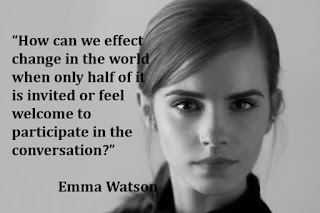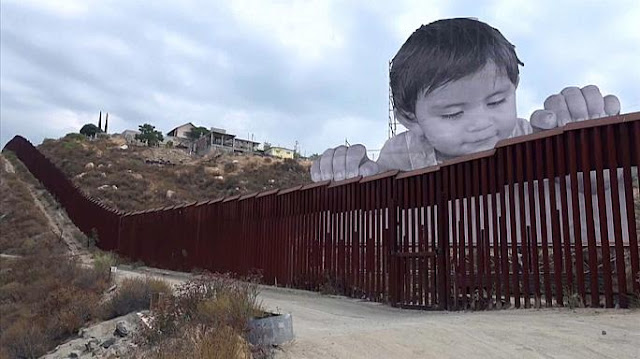Private sphere
Crenshaw’s article
really made me aware of my own privilege as a heterosexual white woman who attends
a private college. I do not have to face the same barriers and oppressive
structures that minorities and those living in poverty face. The way in which Crenshaw
describes how rape is a system of domination reminds me of the oppressive and
immobilizing interconnected wires in Frye’s birdcage example. When Crenshaw
examines these systems of domination, she exclaims that “lower economic class,
race and gender structures continue to shape the particular ways that women of
color experience poverty, relative to other groups.” Crenshaw’s statement
highlights the importance of recognizing that women of color have a very
different experience of poverty than say a white woman would. This is not only
true when comparing women, but also true when comparing how both women and men
experience poverty, racism, and gender very differently. In a beautifully phrased
quote, Crenshaw explains that “Because women of color experience
racism in ways not always the same as those experienced by men of color, and
sexism in ways not always parallel to experiences of white women, dominant
conceptions of antiracism and feminism are limited, even on their own terms”. While Lorde argues that it
is important to embrace and accept each other’s differences, I think it is
equally as important to recognize how these differences can shape who people
become. I was surprised to find in Crenshaw’s article that immigration policies
set in place in 1986, said that the marriage had to last for two years between
a US citizen and non-citizen in order for the immigrant to gain citizenship. This
policy forced immigrant women to stay in abusive
marriages because
they would not get a divorce out of fear or deportation.
Although we have come a long way from containing domestic violence to
the public sphere, society still has a long way to go in learning about the
ways to prevent these incidents from even happening. In reading Zenith
Universities approach to rape and sexual misconduct compared to Colgate’s
approach to rape and sexual misconduct, I found Zenith Universities approach to
be more hands on and proactive by holding the students accountable for stopping
rape. Not just by talking about it, but acting. I think something that could be
very helpful to preventing rape would be to have a volunteer program in which
people who have. I feel like this would be very impactful because it makes the
idea that sexual assault can and does happen more realistic. There is something
about watching sexual harassment videos on a screen that makes it unrealistic
because we are able to dissociate and separate ourselves from what is happening
in the screen. Whereas, a one-on-one discussion with victims of sexual assault make
the idea that rape happens more of a reality. Not only this, but to actual have
a connection with a victim of sexual assault makes it more personal than
watching someone you don’t even know on a screen. As someone who has friends who
have experienced rape and sexual harassment, I am much more aware that this is
not something that can just happen on a screen, but actually happens in real
life all the time. Something that I also liked in Zenith’s approach was that it
included information on what not to say to someone who has experienced rape.



Comments
Post a Comment